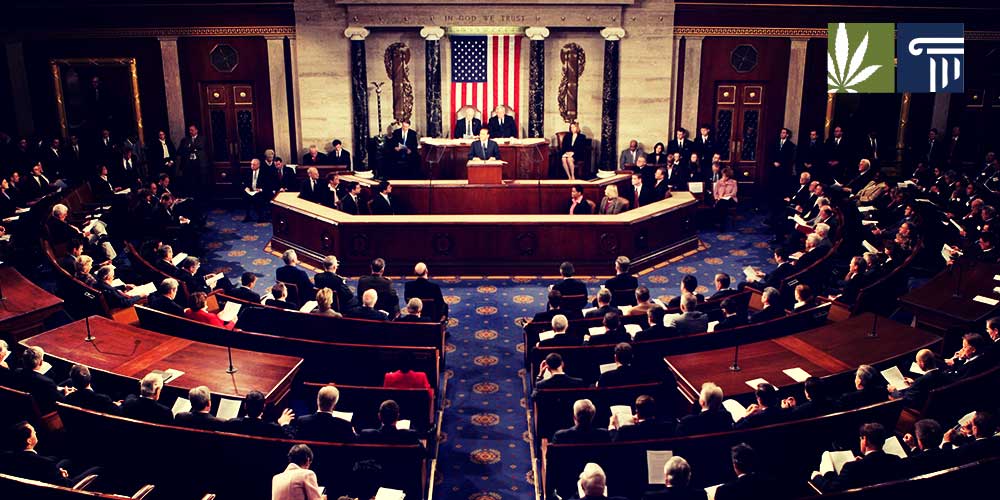In June, a U.S. Senate committee voted against moving forward on an amendment that would have offered protection to financial institutions that did business with marijuana businesses. Senator Jeff Merkley, a Democrat who represents a state (Oregon) with legal marijuana, is the sponsor of the amendment.
Federal Banks, Federal Law
While marijuana remains illegal under federal law, federally insured financial institutions such as banks are legally obligated not to maintain accounts with marijuana businesses. To handle rent, payroll, and vendor accounts, these businesses are obliged to use cash. Banks, credit unions, and savings and loan companies close accounts of businesses they discover are marijuana businesses and refuse to do business with companies whose names and paperwork make clear what their businesses are. Those who do business with marijuana businesses are also affected. Testing laboratories, consultants, and vendors of all types have also faced difficulty with banks that discover that they are depositing money from businesses that, in the eyes of the federal government, are criminal enterprises. On the other hand, according to recent information provided by federal banking regulators, about 300 financial institutions in the country actually do business with marijuana businesses, despite the legal risks.
Senator Merkley said that the lack of legal banking for marijuana companies is “a big problem because it’s great for organized crime, it’s great for money laundering, it’s great for theft and larceny, it’s great for cheating on taxes, it’s great for cheating on payroll. We’re really facilitating crime by not enabling the banking industry to provide basic services.” Merkley sought to attach the amendment to a yearly budget bill.

Senator Jeff Merkley was the sponsor of the quashed amendment.
Democrats were among those who opposed the amendment. Some lawmakers said that the amendment would not have done enough to solve the problem. The amendment would have protected federally insured institutions such as banks from penalties imposed by the federal regulators. While this may have been better than nothing, it would have offered banks protection only from the Treasury Department’s regulators but not the Justice Department’s police. Others who opposed the amendment did so not on its merits but out of opposition to the practice of attaching controversial riders to must-pass budget bills.
Despite this setback, there are continuing signs of hope for marijuana businesses. One is that some banks are taking the risk of doing business with marijuana businesses or their ancillaries. Another is that even in the Republican party, there are supporters of change. Treasury Secretary Steven Mnuchin, for example, has testified before Congress that he would prefer that marijuana businesses be allowed to maintain bank accounts, given that bags of cash are inviting to all kinds of criminal activity, while regulated bank accounts invite proper accounting of business and payroll taxes. Mnuchin also let it be known that his counterpart at the Justice Department, Jeff Sessions, did not consult with him before rescinding the Cole memo, which is the Obama administration’s policy statement that federal law enforcement agencies were to tolerate legal marijuana businesses in states with legal marijuana. And in a recent first, in a poll, a slim majority of Republican voters supported legalization. And in California, where marijuana is legal, there is a concerted effort being made in the capital to create a state bank that can do business with marijuana businesses.
What do you think? Will any sort of progress on marijuana law be made while the GOP controls Congress? Leave a comment below.






